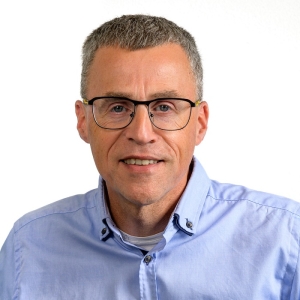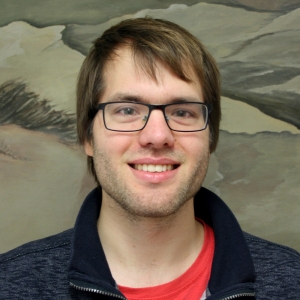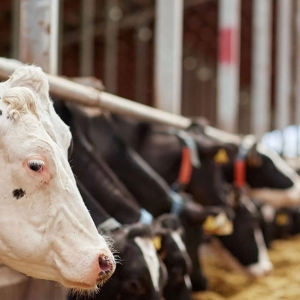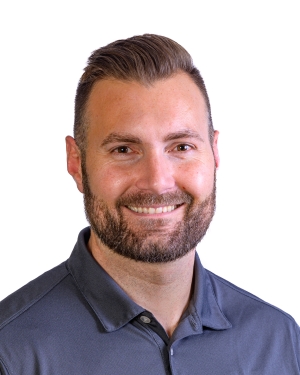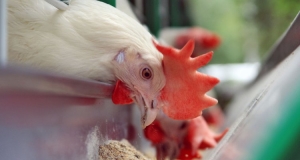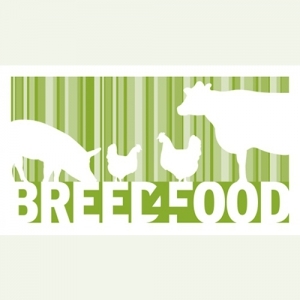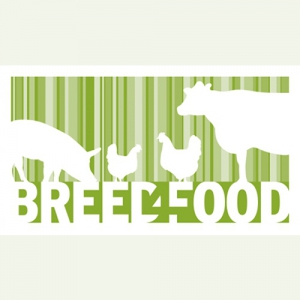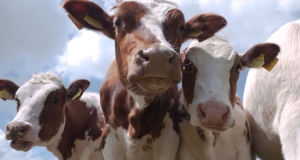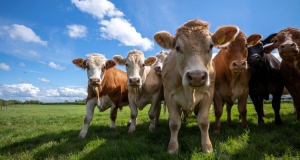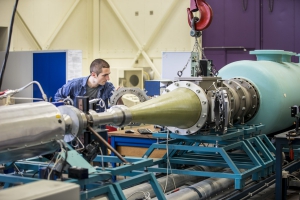Super User
Jan ten Napel
Torsten Pook
Re-Livestock: Resilient farming systems; EU Horizon 2020
The aim of Re-Livestock is to evaluate and mobilize the adoption of innovative practices applied cross scale (animal, herd, farm, sector and region) to reduce Greenhouse gas emissions (GHG) of livestock farming systems.
Owen Willems
HeatSense: Data-driven climate change adaptation in poultry
Climate change, especially heat waves, can negatively impact livestock, now and in the future. This project investigates short- and long-term data-driven solutions for climate adaptation, focusing on poultry.
Influencing the world: 150 years of Dutch breeding - Seminar wrap up
In line with CRV’s 150 years anniversary, the Breed4Food community and invitees were invited to reflect on the past, present and future of animal breeding in the biannual Breed4Food seminar on 2 May 2024. The seminar was hosted by CRV at their new head office in Arnhem.
With a focus on the dairy industry, the participants were walked through some of CRV’s recent achievements, while also the floor was opened for the partners Hendrix Genetics, Topigs Norsvin and Wageningen University and Research to reflect on the challenges and opportunities in other species.
Angus Haslett, CEO of CRV, welcomed the in total 80 in person participants, and another 11 online, to join in the celebration of 150 years of CRV. He stated that CRV is very proud to be part of Breed4Food and challenged the Breed4Food community to contribute to the challenge to feed the world. Han Swinkels chaired the afternoon and introduced the program. Each of the partners presented important achievements and developments. The seminar was concluded by a guest presentation by John Cole, who currently is Chief Research & Development Officer at the Council on Dairy Cattle Breeding in the US.
Here you can find the abstract.
Breed4Food seminar: Broadening the scope
On 30 November WUR hosted the bi-annual Breed4Food seminar, entitled “Broadening the scope”.
In total 65 people participated in person, and another 18 participated online. “Broadening the scope” referred to the importance of increasing societal and ethical awareness of the Breed4Food community and to the recently funded additional Public Private Partnership Breed4Food-BRIGHT.
In addition to providing an update for Breed4Food work packages (WP) 1-5, the four Breed4Food-BRIGHT projects were pitched during the seminar.
Here you can find the abstract.
European network on livestock phenomics (EU-LI-PHE)
As animal breeding relies on the availability of accurate and specific phenotype data to reach its goals, phenotyping is increasingly being recognised as a limiting factor in all applications of livestock genetics and genomics.
Global Methane Genetics
Prof. Roel Veerkamp of Wageningen University & Research is going to lead a global program to coordinate and accelerate the worldwide efforts to breed cattle with reduced methane output.
CrossOver: Utilizing the full potential of crossovers in animal breeding, NWO Open Technology Programme
Crossing-over of chromosomes during meiosis drives genetic diversity by generating variation in the gametes of individuals, and is an essential mechanism in evolution of species. The number of crossovers per gamete is known to vary across species, populations, sexes and individuals within populations, and to be at least partly heritable.

